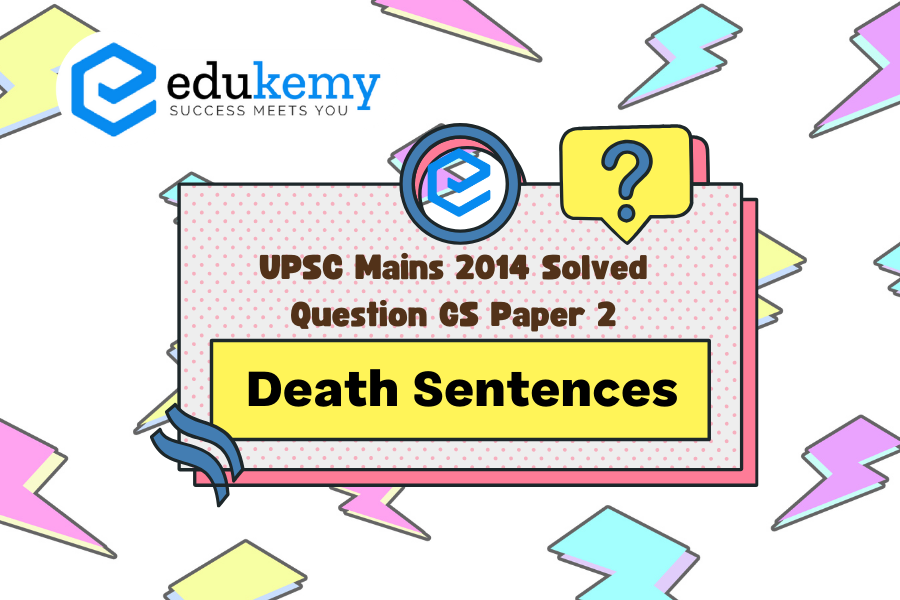Instances of the President’s delay in commuting death sentences have sparked fervent public debate, with many arguing that such delays amount to a denial of justice. The power vested in the President to grant clemency is crucial in ensuring fairness and mercy within the judicial system. However, when this power is not exercised promptly, it can result in prolonged anguish for the convicts and their families, as well as uncertainty regarding the application of justice. To address this issue, it is worth considering the implementation of a specified time frame within which the President must accept or reject such petitions. This would not only expedite the process and provide clarity to all parties involved but also prevent the potential misuse or neglect of this executive power. However, setting a specific timeframe requires careful consideration of various factors, including the complexity of individual cases, the need for thorough review, and the importance of upholding due process. A balanced analysis is necessary to determine the optimal duration that ensures both efficiency and fairness in the exercise of clemency powers by the President.
Tag: Structure, organization, and functioning of the Executive and the Judiciary
Contents
Decoding the Question:
- In the Introduction, briefly write about the pardoning power of the President.
- In Body,
- Write how the delay in commuting death sentences leads to denial of justice.
- Discuss the need for a specific time limit for such a petition.
- In Conclusion, write the overall importance of pardoning power and timely justice delivery.
Answer:
It is rightly quoted by Brent Weeks, “Delayed justice is as bad as injustice”. A victim, whether himself or his family, too shall be treated with equal fairness, dignity and respect and their rights should be equally respected.
Article 72 of the Constitution empowers the President to grant pardon or commute the sentence in all cases where the sentence is a sentence of death. The pardoning power of the President is not an absolute one but is governed by the advice of the Council of Ministers. There have been many instances where the President’s delay in commuting death sentences has come under Judicial Scrutiny and public debate as denial of justice.
Delay in Commuting Death Sentences Leads to Denial of Justice:
- In the case of Shatrughan Chauhan & Anr v. Union of India, a three- judge bench of Supreme Court delivered a landmark judgment dated 21st January 2014 on death penalty holding that an excessive delay in carrying out the death sentence was an essential mitigating factor in a plea for commutation.
- The court held that inordinate delay in deciding a petition of a convict sentenced to death by the President can be torture and inhumane punishment to the convict.
- The Court held that, in the absence of proper, plausible, and acceptable reasons for the delay, the delay of twelve years in considering the mercy The petition is relevant grounds for the commutation of the death sentence into life imprisonment.
- In such circumstances, if the convict approaches the Court, the Court will hold that his fundamental right to protection of life and personal liberty under Article 21 of the Constitution is violated and the Court will commute his sentence to life imprisonment.
Need for time limit on commutation:
- Victim’s psychological state will typically be negatively impacted by their lengthy prison sentence, which could result in There wouldn’t be any additional psychological effects on the guilty if the problem was resolved more quickly.
- Regardless of one’s actions, every person has certain basic human rights that must be Long periods spent in unfavourable living circumstances constitute this violation. Such factors must be taken into account before postponing judgement.
It is rightly quoted by Eleanor Roosevelt “Justice cannot be for one side alone, but must be for both”, so the need is for the judiciary to be able to strike a balance between both accused’s rights as well as the victim’s rights which can be done by following the path of guidelines which are enshrined in this case to deal with subsequent cases relating to executive delay and the commutation of death sentence in order to be able to render justice in real sense.
In case you still have your doubts, contact us on 9811333901.
For UPSC Prelims Resources, Click here
For Daily Updates and Study Material:
Join our Telegram Channel – Edukemy for IAS
- 1. Learn through Videos – here
- 2. Be Exam Ready by Practicing Daily MCQs – here
- 3. Daily Newsletter – Get all your Current Affairs Covered – here
- 4. Mains Answer Writing Practice – here


